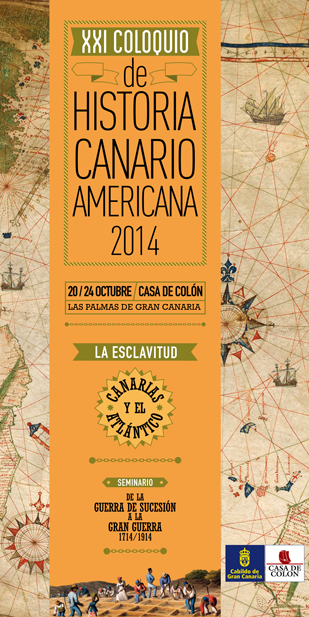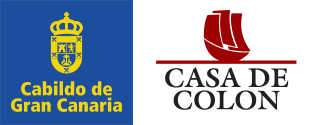La Primera Guerra Mundial en Canarias: vida cotidiana, opinión pública y reacción social / The First World War in the Canary Islands: daily life, public opinion and socail reaction
Palabras clave:
I Guerra Mundial, propaganda, prensa, vida cotidiana, Islas Canarias, I World War, press, daily life, Canary IslandsResumen
El estallido de la Primera Guerra Mundial trastrocó de un día para otro las bases del sistema informativo canario, hasta entonces desconectado del exterior e inmerso en cometidos ideológicos. Las noticias que sobre las operaciones bélicas empezaron a llegar al archipiélago al calor de las campañas propagandísticas desplegadas por los países beligerantes, dispararon las tiradas de los periódicos dentro de las limitaciones de un contexto en el que todavía no había irrumpido la cultura de masas. Paralelamente, la decantación por alguno de los bandos contendientes se tradujo en enconados debates marcados por las referencias aliadófila o germanófila. Pero con el decurso de los meses, la galopante crisis económica ocasionada por el colapso portuario, el cese de la exportación frutera y la escasez de productos básicos de importación, provocó un cierre masivo del sector en el tramo final de la contienda. Con el trasfondo de tan rocambolesca coyuntura, la prensa isleña nos legó un cúmulo de datos sobre las vivencias coetáneas que, aunque muchas veces distorsionados por la ideología o los intereses de cada órgano informante, reflejan fragmentos de la realidad únicos al no quedar testimoniados en ningún otro repertorio documental. Con las cautelas científicas oportunas, y sin perder de vista que todas las informaciones fueron en su día leídas y replicadas desde los periódicos rivales, nos hemos propuesto recrear la dramática coyuntura con las fuentes hemerográficas, las cuales tienen la virtud de colocar, en contraposición de las frías series estadísticas, a la persona en el centro de la investigación histórica.
The outbreak of the First World War disrupted from one day to the next the basis of the Canary Islands informative system, until then disconnected from the foreign affairs and submerged in ideological missions. The news that began to come to the Archipelago about the warlike operations, under the advertising campaigns unfolded by the countries at war, shot up the print runs of the newspapers within the limitations of a context in which the mass culture had not still burst into. At the same time, the leaning showed by several of the contending sides turned into heated discussions marked by the references to the allies or to the German. But in the course of the months, the increasing economical crisis caused by the collapse of the ports, the ending of the fruit exportation and the shortage of basic importation products, caused a massive closing of that sector in the final stage of the battle. With such an odd background, the press of the Canary Islands passed on to us a pile of references about the coetaneous experiences that, although many times distorted by the ideology or the interests of every informative media, reflected unique pieces of the reality because they did not appear in any other documentary collection. With the convenient scientific cautions, and without losing sight about the fact that all the information were read and replied in its moment by the opponent newspapers, we have proposed to reproduce that dramatic situation with the help of the newspaper sources, which have the virtue to place, in contrast of the cold statistical series, the people in the middle of the historical research.




